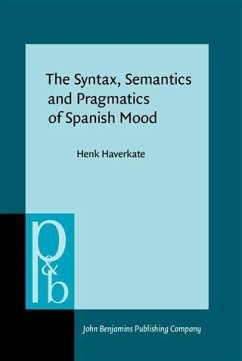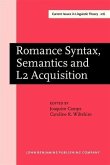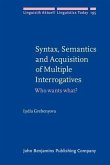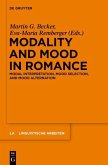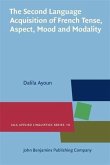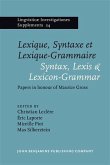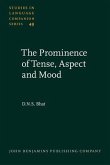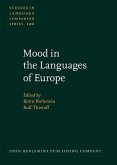This study provides a consistent description and explanation of the syntax, the semantics and the pragmatics of Spanish mood. A major focus of attention is the central role of the truthfunctional categories of realis, potentialis and irrealis as parameters relevant to mood selection in both subordinate and non-subordinate clauses. Furthermore, a proposal is offered for a new typology of clause-embedding predicates. The framework chosen stems from the insight that complement-taking predicates share the property of providing information on the set of mental processes which characterize intentional human behavior. At the level of pragmatic analysis, mood selection is examined from a variety of angles. Thus, specific research is conducted within the framework of speech act theory, relevance theory, politeness theory and the theory of Gricean maxims.
Dieser Download kann aus rechtlichen Gründen nur mit Rechnungsadresse in A, B, BG, CY, CZ, D, DK, EW, E, FIN, F, GR, HR, H, IRL, I, LT, L, LR, M, NL, PL, P, R, S, SLO, SK ausgeliefert werden.

